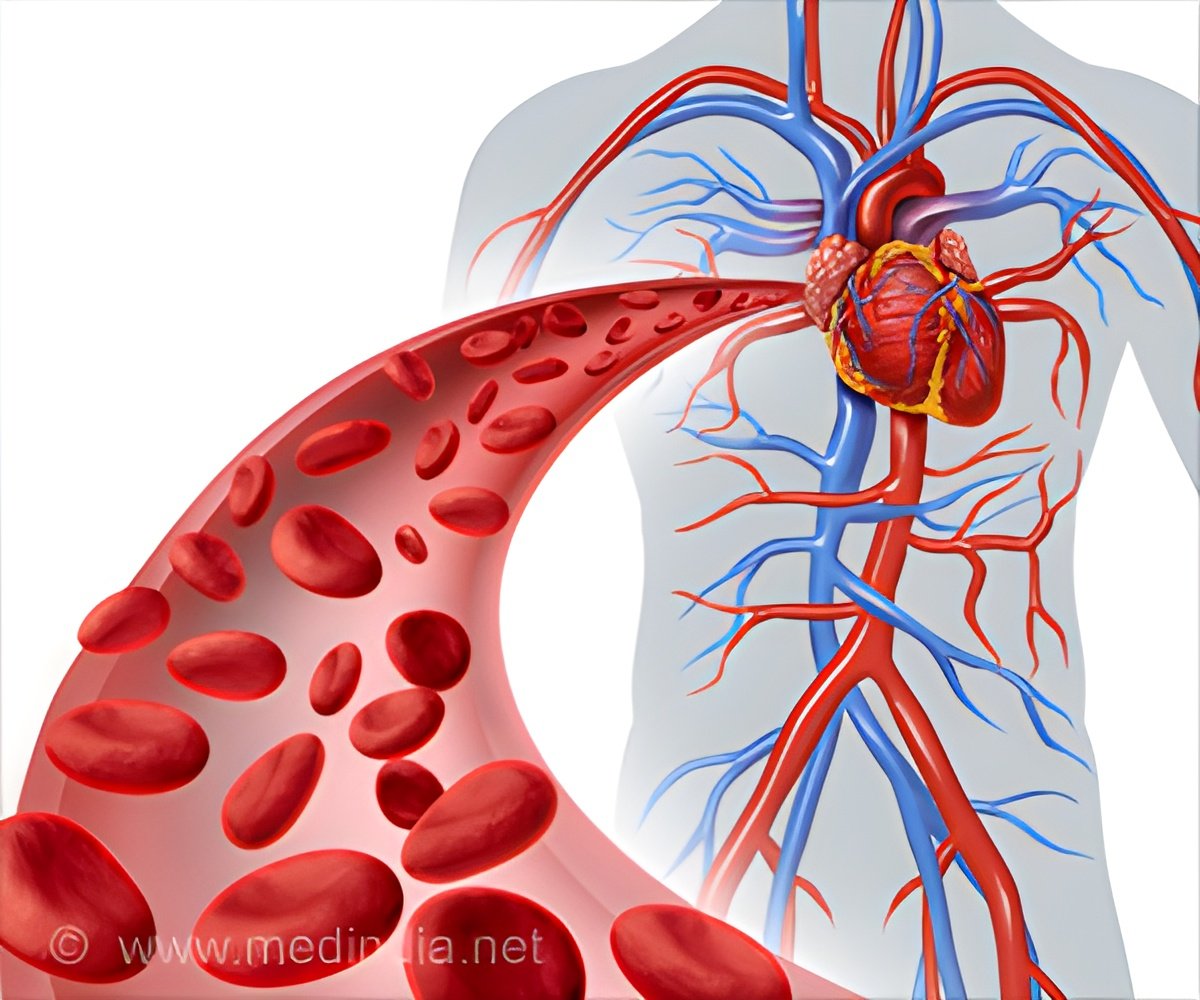
‘Removal of trans-fatty acids in foods has resulted in lowering the levels of total cholesterol (TC), triglycerides, and low density lipoprotein cholesterol (LDL-C).’
Tweet it Now
Eight two-year National Health and Nutrition Examination Survey
cross-sectional cycles between 1999/2000 and 2013/2014 were analyzed for
trends among adults 20 years or older. This study included 39,049
adults who had TC levels analyzed, and 17,486 and 17,096 who had
triglyceride levels and LDL-C levels analyzed, respectively. Age-adjusted average TC decreased between 1999/2000 (204 mg/dL) and 2013/2014 (189 mg/dL), with a 6-mg/dL drop between 2011/2012 and 2013/2014. Age-adjusted geometric average triglyceride levels decreased from 123 mg/dL in 1999/2000 to 97 mg/dL in 2013/2014, with a 13-mg/dL drop since 2011/2012.
Average LDL-C levels decreased from 126 mg/dL to 111 mg/dL during the eight survey cycles, with a 4-mg/dL drop between 2011/2012 and 2013/2014. Between 1999/2000 and 2013/2014, these decreasing trends were similar when stratified by lipid-lowering medications.
"Removal of trans-fatty acids in foods has been suggested as an explanation for the observed trends of triglycerides, LDL-C levels, and TC levels. With increased interest in triglycerides for cardiovascular health, the continued drop of triglycerides, LDL-C levels, and TC levels at a population level represents an important finding and may be contributing to declining death rates owing to coronary heart disease since 1999," the authors write.
Source-Eurekalert















